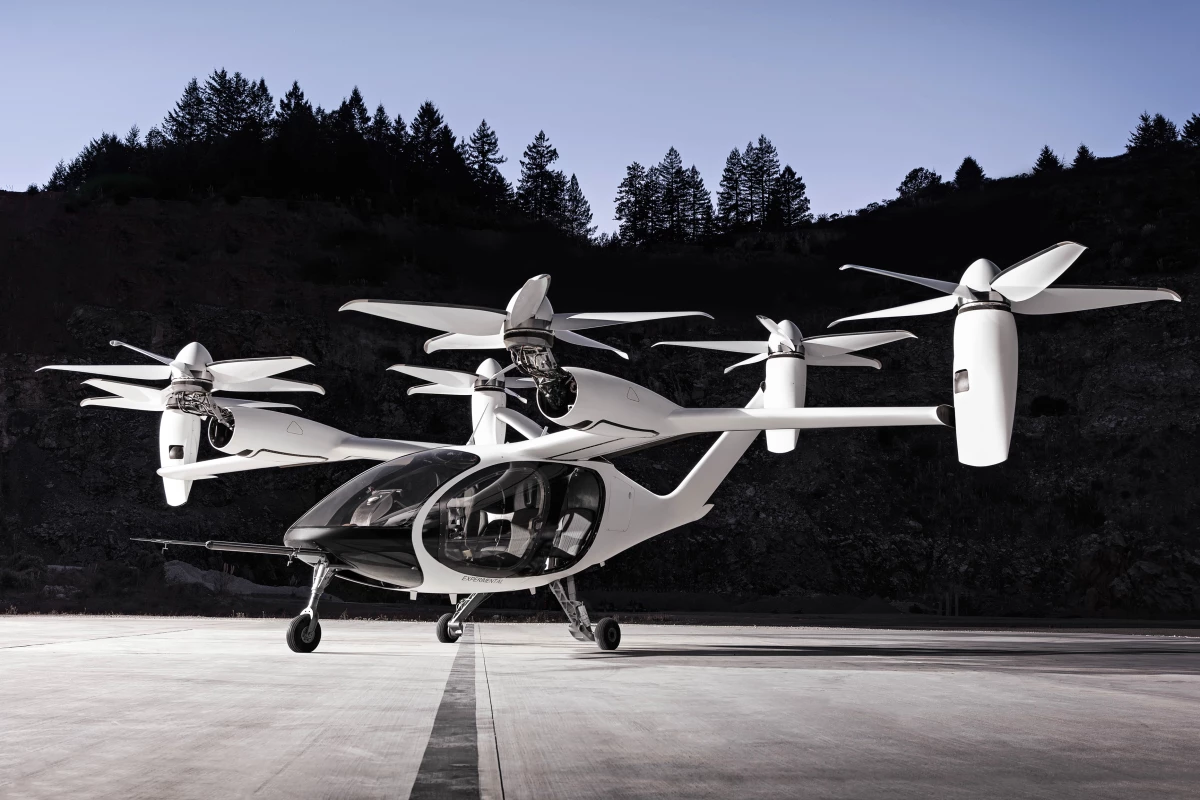eVTOL market leader Joby Aviation has announced its first revenue in a partnership with the US Air Force's Agility Prime program, as well as the path it's agreed on with the FAA for certifying its revolutionary tilt-rotor electric air taxi.
The US military doesn't just see electric VTOLs as a warfighting and logistics opportunity. The Agility Prime team makes the argument that American financial success in what's projected to be an enormous eVTOL air taxi market is itself a matter of national security.
It makes sense, then, to partner with Joby Aviation. Joby was one of the earliest companies on the eVTOL bandwagon, and appears at this stage to be leaps and bounds ahead of everyone else in the industry. Not only does it have massive financial and mass production resources at its beck and call thanks to a huge investment from Toyota, it also has a highly advanced six-rotor transitioning aircraft prototyped at full scale and more than 1,000 test flights completed. Indeed, Joby's machine is the first eVTOL ever to be awarded an airworthiness approval by the US Air Force.
Joby's deal with Agility Prime will bring in the first revenue in Joby Aviation's history, and give the company access to "key research facilities and equipment, as well as an opportunity to prove out the maturity and reliability of its aircraft years in advance of entering commercial service."
In return, Joby gives the US Government "valuable data and insight into the operation and performance of eVTOL aircraft," with the goal of helping the Agility Prime team identify "opportunities for early adoption" and build its understanding of how the eVTOL market will develop and expand, commercially and technologically.

Certification is the elephant in the room for every eVTOL company vying to get into the air taxi business. Nothing like an electric multirotor has ever been certified for commercial operation by the world's major aviation authorities, and regulations are still yet to be written by the likes of the FAA and EASA. So companies still don't know exactly what criteria they'll need to meet to get their aircraft approved.
But Joby now has a little extra clarity thanks to an agreement it's struck with the FAA. Joby's aircraft will be certified under the FAA's existing Part 23 requirements for small, normal category airplanes, with the addition of a "G1" set of special conditions "to address requirements specific to Joby's aircraft." The G1 special conditions, according to Joby, "are expected to be published in the US Federal Register in the coming months."
"While we still have several years of aircraft testing ahead of us, we now have a clearly defined, and achievable, path to certifying our aircraft and introducing customer flights," says Joby founder and CEO JoeBen Bevirt. “Reaching this milestone is a watershed moment for our new industry and I’m tremendously grateful for the many years of hard work the FAA and our in-house aviation safety experts have put into getting us to this point.”
Source: Joby Aviation






